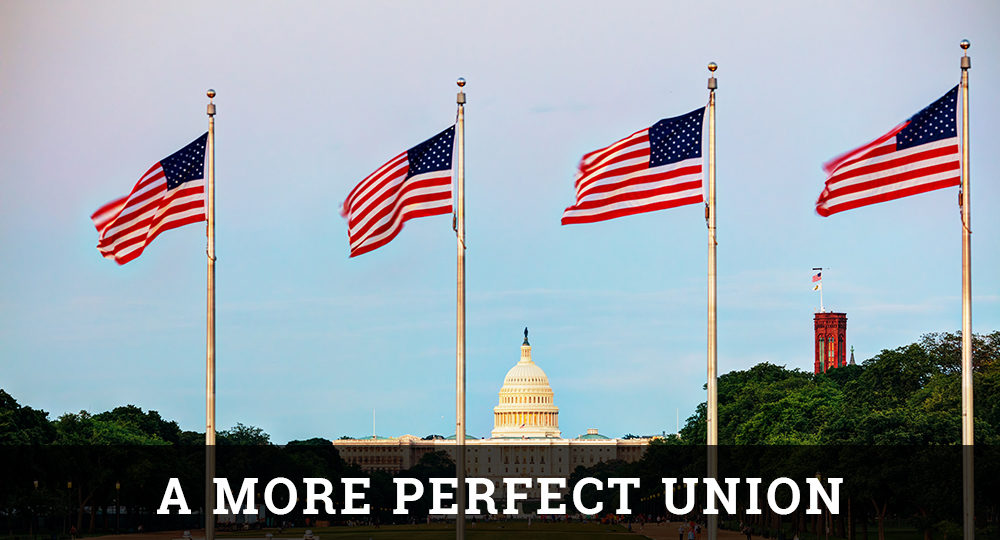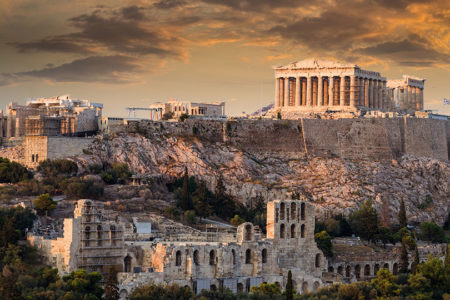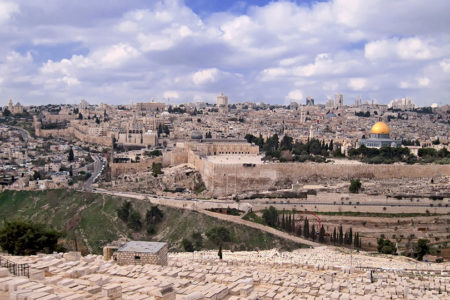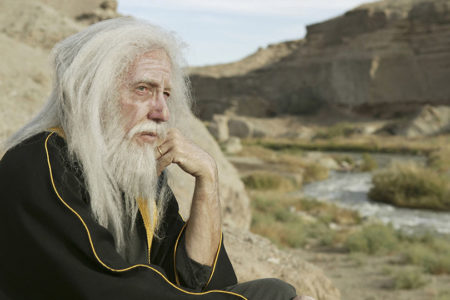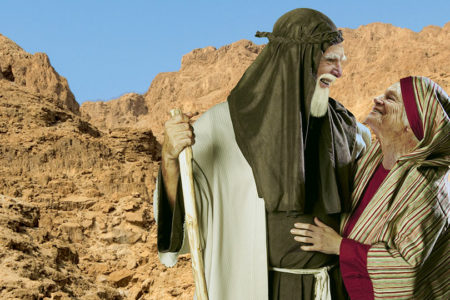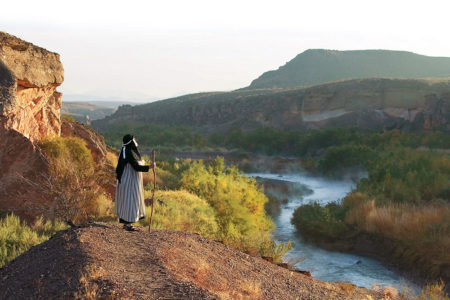What Terrorists Want
In November, four Israelis—three of them Americans—were slaughtered in a synagogue in Jerusalem when Palestinians armed with guns, knives, and axes burst in during prayer and began their killing spree.
What do jihadist terrorists want? Clearly, they want innocent people to die; and Jews seem to be among their favorite targets. But they also have another agenda: They want to destroy freedom of speech.
The French news outlet Agence France-Presse has reported that shortly after the January attack on the satirical magazine Charlie Hebdo in Paris, France, that killed 11 people, an al Qaeda-linked leader claimed the murders “taught” a “limit of the freedom of expression.” The magazine was known for publishing cartoons critical of Islam.
In the last decade or two, Islamic terrorists have been bent on destroying free speech. A cartoonist in The Netherlands who used the pen name Gregorius Nekshot was arrested and nearly murdered. He reportedly lives in hiding because he satirized Islam. Dutch filmmaker Theo van Gogh was assassinated for criticizing Islam, and Danish cartoonist Kurt Westergaard was the victim of an ax attack for the same reason. Fortunately, he survived. The beheadings of American and British journalists by ISIS are more evidence of this trend.
If Islamic terrorists want to stifle criticism of their religion using such tactics, the next question, of course, is “How ought we to respond?”
In a January 29 blog in The Washington Post online, Aaron Blake pointed out interesting statistics on how Americans view religiously controversial and sometimes outright blasphemous cartoons. In a 2006 USA Today/CNN/Gallup poll, 61 percent of those polled considered it irresponsible to depict Muhammad in ways that would offend Muslims.
However, after the Charlie Hebdo killings, a Pew Research Center poll found the numbers had virtually reversed: 60 percent felt such cartoons were okay to publish. Perhaps the outrage against the ISIS-type slayings sparked the change. Or perhaps the responders realize their freedom of speech is at stake.
It is certainly a paradox for Christians to find themselves on the same side of an issue as radical cartoonists and anti-religious blasphemers. So the impulse might be to abstain from the debate. But I don’t think that is either wise or biblical.
In drafting the First Amendment to the Constitution of the United States, our Founding Fathers leaned on the ideas of John Milton, the 17th-century English poet of biblical and Christian-themed works like Paradise Lost. Milton argued that in a free and open marketplace of ideas, good ideas eventually will rise, and bad ones will fall. Of course, radicals and blasphemers will have their day. But then, so will evangelists, pastors, and Christian apologists.
And in an open marketplace, I trust the clear truth and inspired power of the gospel to prevail. After all, the gospel of Christ is the “power” of God to salvation for everyone who believes (Rom. 1:16).
But the gospel requires messengers empowered by the Holy Spirit to teach it, preach it, and share it (10:14). That presumes an environment where preaching can take place.
The occult books that new followers of Jesus publicly burned in Acts 19:19 were not confiscated from neighbors but were their own books of pagan magic. They did it as a public witness of their newfound allegiance to Christ and their abandonment of the works of darkness. The first-century Christians were not censoring the opinions of others but exercising their own right of religious expression, even in the midst of the despotic culture of their day.
In the wake of the Paris shootings, free-speech rallies and marches sprung up in Europe. Marchers held up giant pencils to show solidarity with the slain Paris writers and cartoonists and profess their support for free speech. When a similar peaceful march was planned in Dresden, Germany, the government shut it down, fearing retaliation by terrorists. Elsewhere lawmakers pondered whether controversial speech should be prohibited altogether.
There is no excuse for Christians to encourage or participate in expressions of hate. Our message is about the love of Christ, who willingly sacrificed Himself for us because He loves us and wants to deliver us from the “power of darkness” (Col. 1:13).
But we should beware of those who, out of fear, would negotiate away the freedoms for which our founders gave their lives, their fortunes, and their sacred honor. If that disastrous bargain succeeds, not only will the terrorists have secured the censorship they desire, but the ability of Christians to proclaim the message of Christ openly will have been traded away as well.
